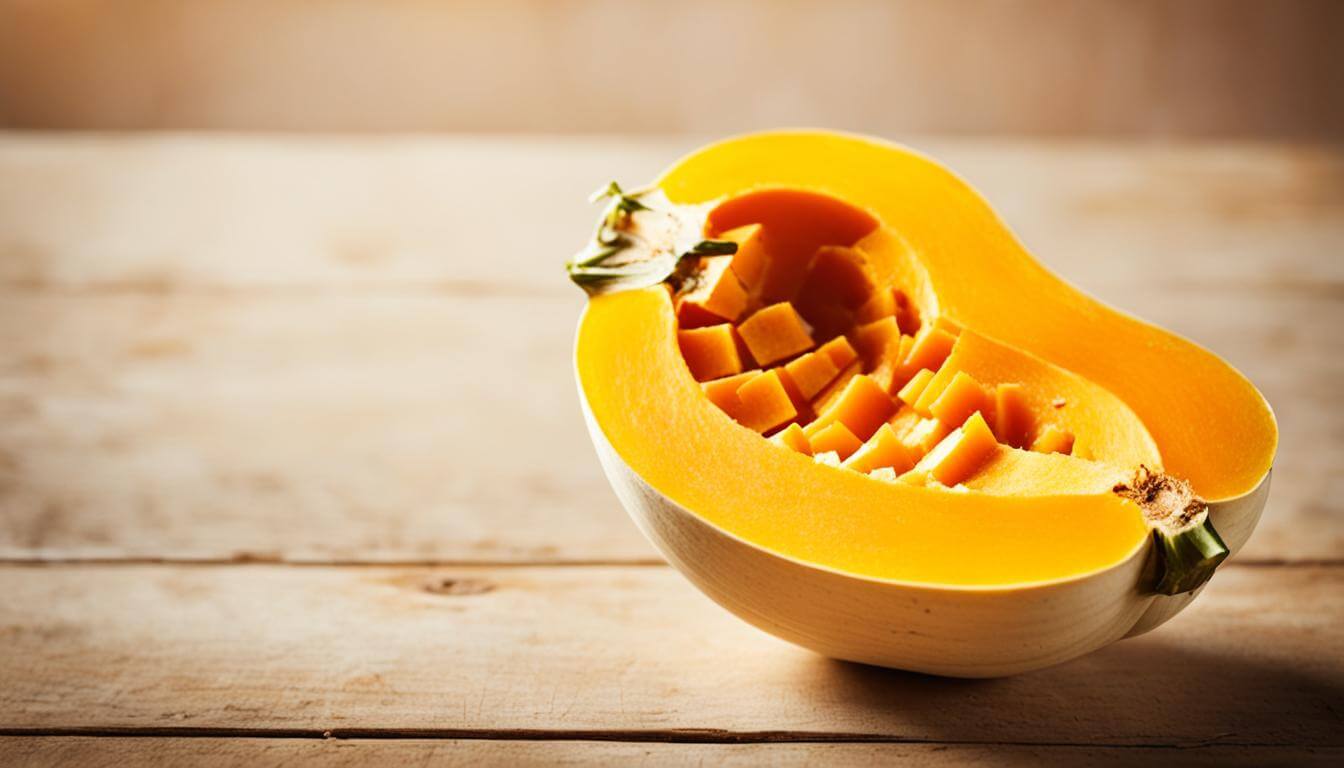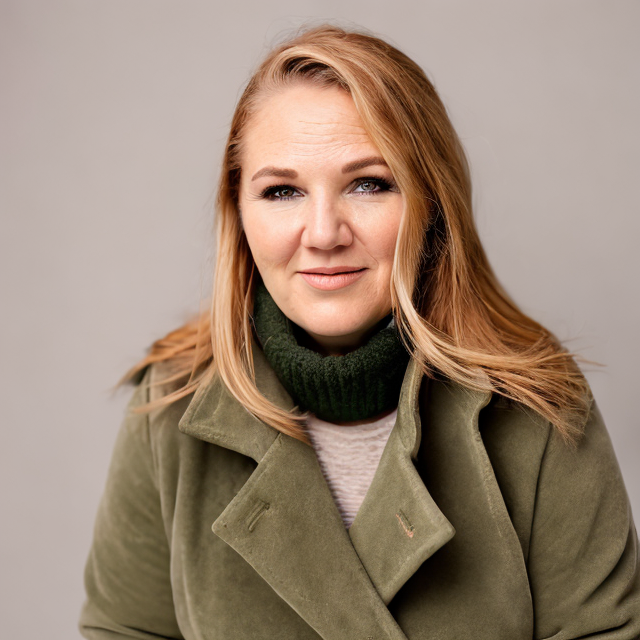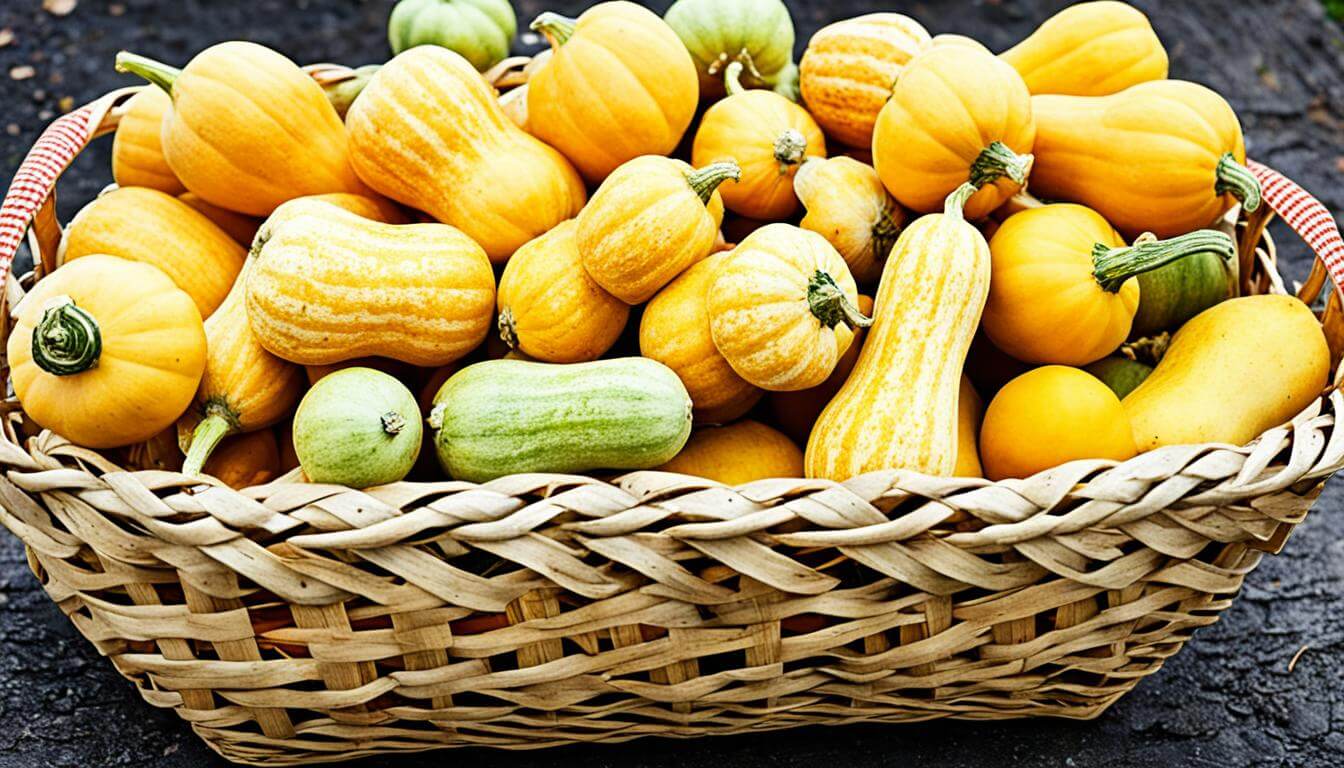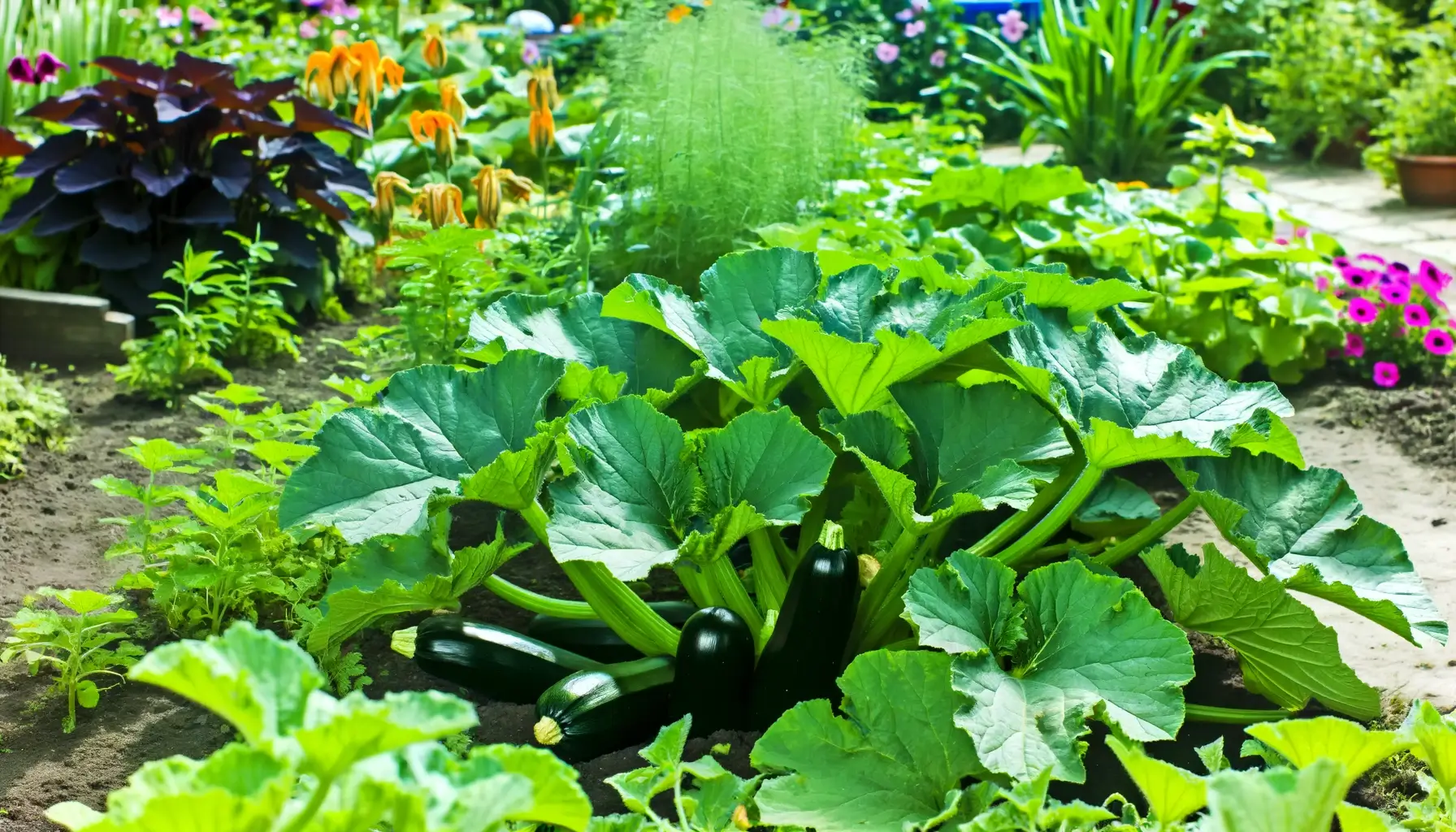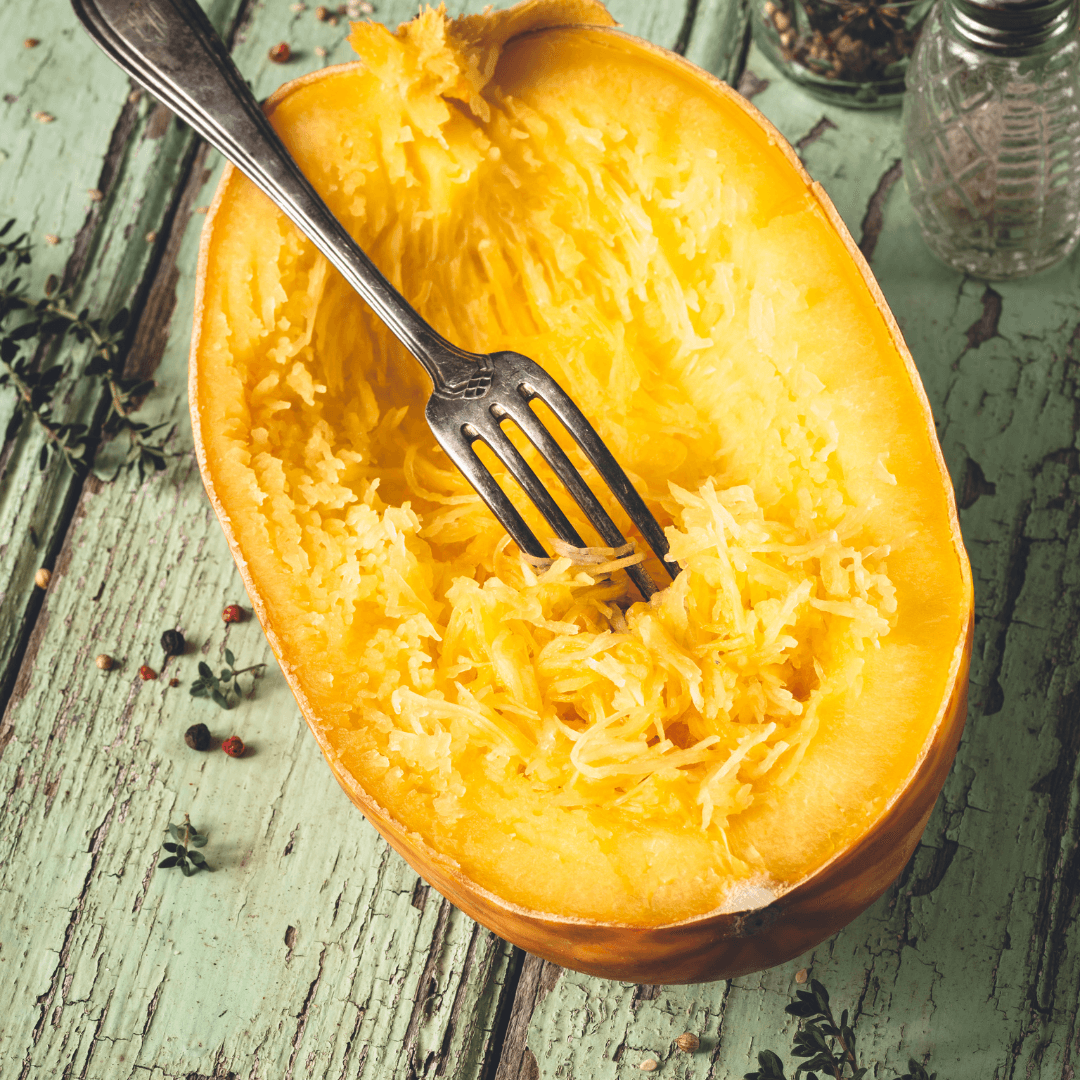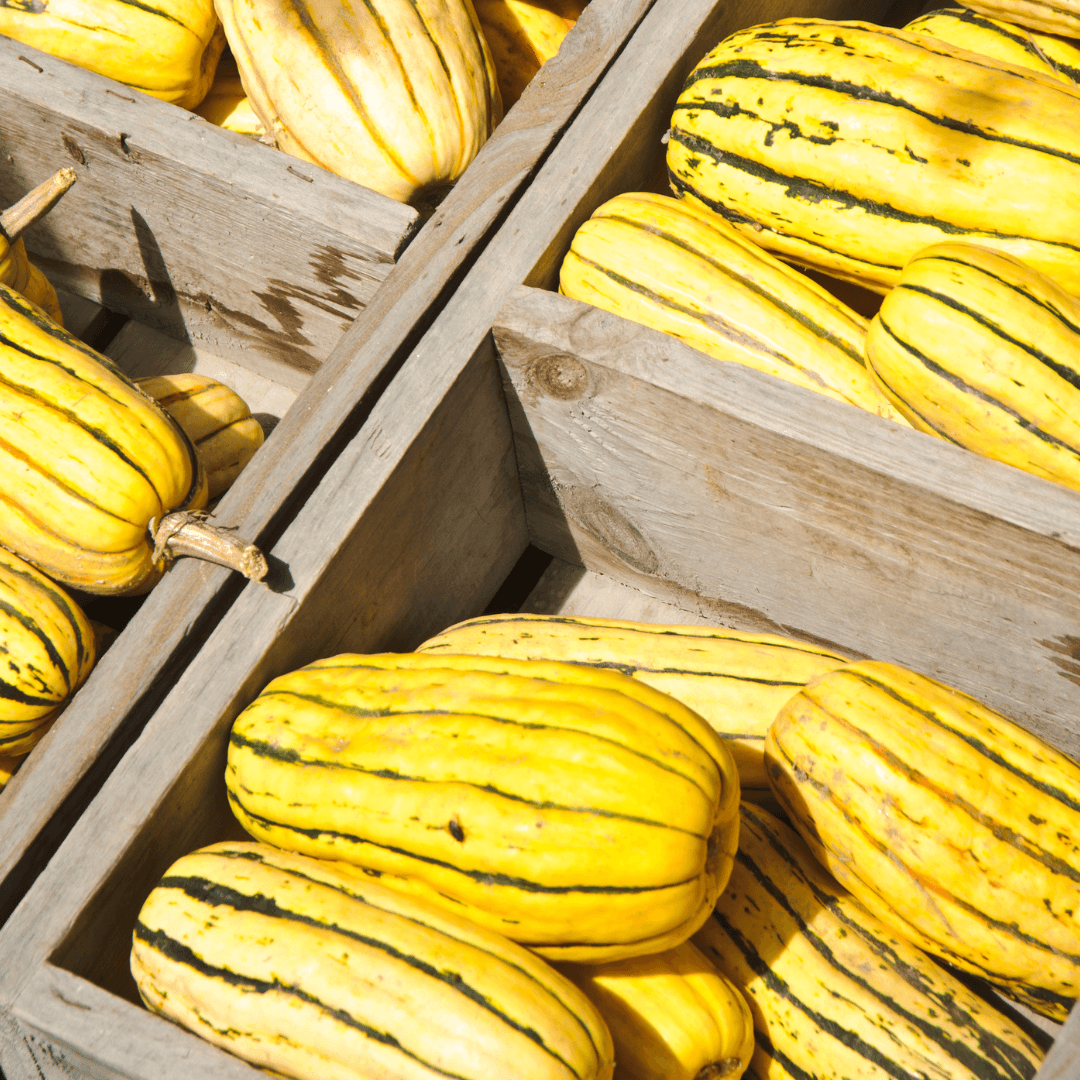An incredible 80% of the world's population consumes squash as part of their regular diet – and among the numerous varieties, Waltham butternut squash is especially prized for its sweet, nutty taste and versatility. As we delve into cultivating Waltham butternut squash, it becomes clear why growing winter squash from seed is gratifying and bountiful. Equipping yourself with the right butternut garden tips can achieve a hearty winter squash yield filling your garden and plates with wholesome goodness. So let's learn how to grow Waltham butternut winter squash from seed.
Understanding the process of growing winter squash from seed is crucial for a successful harvest. The journey begins with selecting top-notch seeds, which can make all the difference in your gardening success. One can't underestimate the importance of quality butternut squash seeds; suppliers like Gardeners Basics offer an exceptional variety that expert gardeners and beginners can trust. Let's unearth the steps to start cultivating Waltham butternut squash from seed and all of your other vegetable seeds, setting the foundation for a productive and delightful growing season.
Key Takeaways
- Identify the joy and multifaceted benefits of cultivating Waltham butternut squash in your garden.
- Acknowledge the vital role of quality seeds from reliable suppliers like Gardeners Basics for a bountiful squash harvest.
- Gain insight into the foundational steps for growing winter squash from seed, enhancing your gardening prowess.
- Pack valuable butternut squash garden tips to kickstart a prolific growing journey.
- Prepare to reap a hearty winter squash yield with careful planning and adherence to best garden practices.
Waltham Butternut Winter Squash Seeds

$2.49
Waltham Butternut Squash Seeds – Heirloom, Non-GMO, Non-Hybrid, Open-Pollinated Grow your own delicious and versatile Waltham Butternut Winter Squash with these premium heirloom seeds! Known for their smooth, nutty flavor and creamy texture, these squashes are perfect for roasting, soups,… read more
All About Waltham Butternut Squash
- Days till maturity: Waltham Butternut Squash typically matures about 85 to 100 days after planting.
- Planting depth: Seeds should be planted 1 inch (2.5 cm) deep.
- Plant spacing: Space the plants 18 to 24 inches (45 to 60 cm) apart in rows 4 to 6 feet (1.2 to 1.8 meters).
- Days to germination: Germination usually occurs in 7 to 10 days under optimal conditions.
- Indoors or Direct Sown: These squash can be started indoors about 2 weeks before the last frost date or directly sown into the garden after the danger of frost has passed.
- Full Sun or Partial Shade: Waltham Butternut Squash requires full sun for optimal growth.
- When to harvest: Harvest when the skin turns hard and is a deep tan color, typically 85 to 100 days after planting.
- How tall does the plant get? The plant is a vine and doesn't grow traditionally upright, but the vines can spread out to 10 to 15 feet (3 to 4.5 meters) long.
- How wide does the plant get? As a vine, the width can vary greatly, but plan for a spread of at least 6 to 8 feet (1.8 to 2.4 meters).
- Native: Butternut squash is native to Central or South America.
- Family: Waltham Butternut Squash is part of the Cucurbitaceae family, which includes gourds and melons.
Preparing Waltham Butternut Squash Seeds for Planting
Embarking on the journey to grow Waltham butternut squash begins with the crucial step of obtaining high-quality seeds. Gardeners Basics seeds not only meet the necessary criteria for a successful crop but also the promise of genetic purity, disease resistance, and robust vigor is inherent in their quality butternut squash seeds. As we guide you through winter squash seed selection, squash seed pre-germination, and planting butternut squash seeds, we'll ensure you're well-equipped to nurture your squash to fruition.
Selecting Quality Seeds
Selecting seeds is more than a simple choice; it's the groundwork for your gardening success. At Gardeners Basics, you will find seeds that have been carefully curated for their viability and resistance, which ultimately contribute to higher germination rates and more abundant yields. Pre-germination Steps
Priming butternut squash seeds before planting is a seed germination technique that can significantly improve your success rate. You mimic the natural processes that trigger germination by soaking the seeds or employing methods like scarification. For a more eco-friendly approach, consider using biodegradable seed pots, which can be planted directly into the soil, reducing transplant shock. When creating the ideal conditions for seed starting, it's essential to maintain the proper balance of temperature, moisture, and lighting to encourage strong sprouts.
Best Time to Plant Butternut Squash Seeds
Determining the optimal planting season for winter squash is vital for gardeners. Referring to the squash growing calendar, the best time to plant butternut squash seeds outdoors is after the last frost date has passed. This ensures that the soil temperature is warm enough to support seed germination. If your region has a shorter growing period, consider starting seeds indoors and transferring the seedlings once the weather permits. Timing is crucial, and by following a winter squash planting guide, you can be assured of a full harvest before the advent of the first frost.
If you start the seeds indoors, you only need to start them 2-3 weeks before the last frost. Otherwise, they will get too big. You can also start the seeds directly into the ground when the danger of frost has passed.
Non-GMO Squash Seeds | 8 Variety Pack

$15.95
Ultimate 8 Squash Seeds Variety Pack for Home Gardeners – Heirloom & Non-GMO Seeds Introducing our 8 Squash Seeds Variety Pack—the ultimate selection for gardeners who love cultivating a diverse range of delicious, homegrown squash! This carefully curated variety pack… read more
Conclusion - How To Grow Waltham Butternut Winter Squash From Seed
With the foliage of our gardens turning to the hues of autumn, we reflect on the abundant journey of cultivating Waltham Butternut Winter Squash. This journey rewards us with a bounty of both flavor and nutrition. The health benefits of winter squash are manifold, as this hearty vegetable is laden with vitamins, minerals, and antioxidants. The nutritional value of butternut squash makes it an excellent addition to any meal, serving as a delight to the palate and a powerhouse of well-being.
Benefits of Growing Waltham Butternut Winter Squash
Our commitment to sustainable gardening with butternut squash nurtures our connection to the earth and cultivates a future of less food waste. With its generous yield, this versatile winter squash can be transformed into a myriad of culinary treasures—from soups and stews to roasted side dishes and even sweet desserts. The versatility of squash in the kitchen translates directly to its sustainability in our diets and gardens.
Tips for Storing Your Harvest
Once our gardens have yielded their treasures, the question of storing winter squash comes to the fore. Proper preservation of butternut squash is vital to extending its shelf life, ensuring the fruits of our labor can be savored well into the colder months. We advocate for curing squash to enhance longevity and sweetness and keep it in a cool, dry place to optimize conservation. These harvest storage solutions are quintessential for enjoying the nutritious bounties of winter squash throughout the seasons.
Why Choose Gardeners Basics for Your Squash Seed Needs
Selecting a reliable squash seed source is paramount for gardening enthusiasts looking to embark on this fulfilling venture. Gardeners Basics' seed quality stands out in the market, providing gardeners with non-GMO and heirloom seed options backed by a commitment to purity and customer satisfaction. We stake our gardens on our viable seeds when purchasing Waltham butternut squash seeds.
FAQ - Growing Butternut Squash
What are the benefits of growing Waltham Butternut winter squash from seed?
Cultivating Waltham Butternut winter squash from seed is a rewarding experience and yields a versatile, hearty vegetable in the kitchen. Not only do you control the growing conditions, ensuring a more organic product, but you also enjoy the benefits of home gardening, such as the satisfaction of growing your own food and the potential for a bountiful harvest that can last through the winter months.
How do I select high-quality butternut squash seeds?
Choosing high-quality butternut squash seeds is crucial for a successful harvest. Look for seeds from a reputable supplier like Gardeners Basics, ensuring seed viability, disease resistance, and genetic purity. Assess the seed's quality visually and through the supplier's reputation or certification. Gardeners Basics offers a selection of seeds known for their excellence and likely to provide a robust yield.
When is the best time to plant butternut squash seeds?
The best time to plant butternut squash seeds outdoors is after the danger of frost has passed and soil temperatures have warmed to at least 60°F (15°C). For most regions in the United States, this will be from late spring to early summer. If you're starting seeds indoors, begin 4-6 weeks before your region's last expected frost date. Adjust planting times based on your local climate and the length of your growing season to ensure your squash has enough time to mature before the first frost.
How can I protect Waltham Butternut squash plants from pests like vine borers?
To protect against vine borers, maintain healthy plants through proper watering, fertilization, and spacing, as healthier plants are more resistant to pests. Use row covers to prevent the adult vine borer moth from laying eggs on the plants. Regularly inspect your squash plants for signs of vine borers; if detected, remove them manually if possible. Pesticides can be used as a last resort, but choose an option that is safe for edible plants and follow application instructions carefully.
What storage techniques are recommended to extend the shelf-life of Waltham Butternut squash harvest?
After harvesting, cure Waltham Butternut squash by keeping them in a sunny spot for 10 days to toughen the skin. Then, store them in a cool, dry place with good air circulation, ideally between 50-55°F (10-13°C). Avoid storing squash in humid conditions, and check periodically for any signs of spoilage. When stored correctly, Waltham Butternut squash can last several months, providing your family with a nutritious and delicious food source through the winter.
Why should I choose Gardeners Basics when purchasing Waltham Butternut squash seeds?
Choosing Gardeners Basics for your Waltham Butternut squash seeds means selecting a company committed to quality and customer satisfaction. We offer non-GMO and heirloom seed options, and our seeds' high germination rates are a testament to our standards.
Heirloom Squash Seeds | 5 Variety Pack

$9.95
5 Squash Seeds Variety Pack: Heirloom, Non-GMO, Open-Pollinated Squash Seeds for Vegetable Gardening Our 5 Squash Seeds Variety Pack is the ultimate collection for garden enthusiasts and squash lovers! Whether you're' a seasoned gardener or just starting out, this heirloom… read more



